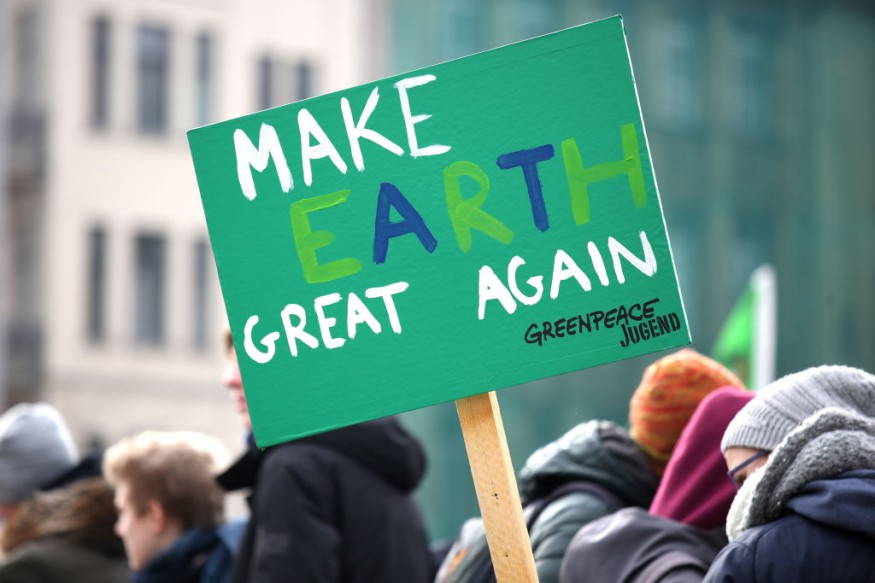In our attempts to address climate change, 2021 may be one of the most crucial years. A lot has happened in this country and throughout the world, some for the better, some for the worst. Let's take a look at where we are as the year concludes.

COP 26 Summit

President Biden re-entered the 2015 Paris climate deal, withdrawn by outgoing President Trump, just hours after his inauguration. In November, Biden visited the COP26 climate meetings in Glasgow, Scotland, to promote the Paris Agreement's efforts. The summit's outcome was the Glasgow Climate Pact, which was signed by over 200 countries. While the pledges were not bold enough to satisfy the Paris Agreement's aspirational aim of keeping global warming below 1.5°C, 136 countries vowed to become net-zero within the next few decades. One hundred and fifty-three nations increased their nonbinding domestically defined contributions. They are anticipated to return next year, rather than waiting another five years, with even more aggressive action plans.
Improving NASA Satellite Systems
NASA wants to launch a new fleet of Earth-observing satellites. The Earth System Observatory will track clouds and aerosols and provide scientists with further information on the planet's temperature and chemistry. The data collected by the satellites should enhance severe weather forecasts, allow academics to examine how climate change impacts food, agriculture, water, and energy usage, and allow researchers to analyze water levels and droughts to manage water use and disaster response better. Researchers from all over the globe will use the findings for free. With this new fleet of satellites, NASA is once again vital to influence the country's climate policy, despite former President Trump's attempts to discontinue NASA's earth science programs.
Climate Friendly Infrastructures and the 'Build Back Better' Bills
President Biden signed a $1 trillion infrastructure plan into law in November, including billions of funds to tackle climate change. $73 billion will be spent on modernizing the electrical system to allow for greater usage of renewable energy. Climate resiliency will get $47 billion to assist coastal regions in coping with increased hurricanes and flooding and aid other places battle growing wildfires.
Five hundred thousand additional charge stations for electric vehicles will be installed to accelerate the decarbonization of transportation.
If approved, Biden's Build Back Better plan would be the most significant endeavor in American history to combat climate change. It would give refunds and tax credits to encourage households to switch to renewable energy and electrification and incentives for solar and wind power expansion. It will also fund natural climate solutions like forest management and soil conservation and create a Civilian Climate Corps to protect public lands and distribute grants to environmental justice communities. Senator Joe Manchin has stopped the Build Back Better plan, which will have to be renegotiated if it is to pass.
Climate Justice and the Youth

According to recent research published in the Lancet, over 60% of young people under 25 are highly concerned about climate change. Thousands of young people from over 1,500 sites worldwide took to the streets in the run-up to COP26 to pressure politicians to take action on climate change. In Glasgow, tens of thousands marched for systemic change, many young people inspired by Swedish climate campaigner Greta Thunberg.
Stopping the Keystone XL Pipeline
Authorities revoked the contentious Keystone XL pipeline permission issued by his predecessor. The pipeline, completed in 2010, was intended to deliver 900,000 barrels of dirty tar sands oil from Alberta to refineries in Illinois and along the Texas Gulf coast each day. Mining and production of tar sands emit three to four times greenhouse gases as traditional oil extraction. After ten years of Indigenous-led resistance, TC Energy officially withdrew its plans for the massive crude oil pipeline.
For more news update about Environmental Action, don't forget to follow Nature World News!
© 2026 NatureWorldNews.com All rights reserved. Do not reproduce without permission.





